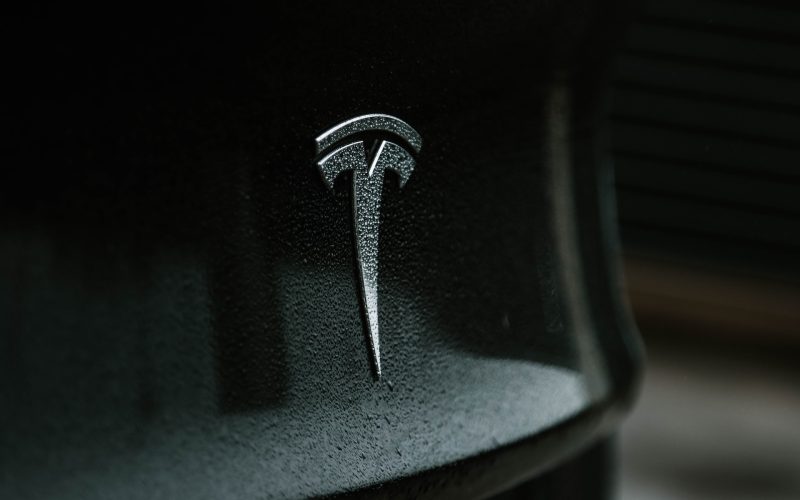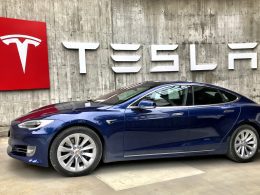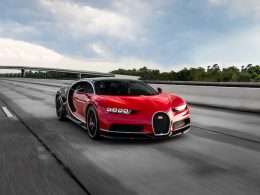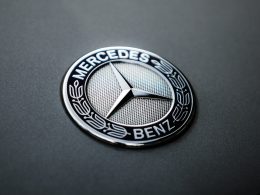In a surprising turn of events, the 2023 J.D. Power Initial Quality Study has revealed a significant shift in the automotive landscape, with Tesla, the electric vehicle pioneer, falling behind its traditional counterparts. The Detroit 3, long-standing giants of the industry, have emerged victorious in terms of initial quality, raising questions about Tesla’s ability to maintain its reputation for cutting-edge technology and exceptional craftsmanship.
The J.D. Power Initial Quality Study is a highly respected benchmark in the automotive industry, evaluating vehicles based on the number of problems reported by owners during the first 90 days of ownership. The study provides valuable insights into the initial quality and reliability of vehicles, offering consumers a glimpse into the real-world ownership experience.
In previous years, Tesla has been lauded for its technological innovations and forward-thinking approach to mobility. The company’s electric vehicles, with their sleek designs and impressive performance capabilities, have captivated the imagination of eco-conscious consumers around the world. However, the 2023 J.D. Power Study has shed light on potential shortcomings in Tesla’s initial quality.
According to the study, the Detroit 3 – General Motors, Ford, and Stellantis (formerly Fiat Chrysler) – have made significant strides in improving their vehicles’ initial quality. This resurgence of traditional automakers is attributed to their relentless focus on refining manufacturing processes, addressing known issues, and enhancing overall build quality.
On the other hand, Tesla, despite its reputation for cutting-edge technology, has faced challenges in translating its advancements into impeccable initial quality. The study revealed that Tesla vehicles experienced a higher number of reported problems, ranging from issues with paint quality, body panel fitment, and general assembly concerns. These findings suggest a potential gap between Tesla’s ambitious goals and its ability to deliver flawless vehicles at the initial ownership stage.
The implications of this study are significant, as initial quality plays a crucial role in shaping consumer perceptions and brand loyalty. While Tesla has enjoyed a strong following of dedicated enthusiasts who have been drawn to its innovative approach, the study’s results raise concerns about the company’s long-term sustainability in a highly competitive market.
Tesla’s rapid growth and ambitious production targets may have put strain on its manufacturing processes, leading to quality control challenges. As the company strives to meet the ever-increasing demand for its vehicles, it is imperative for Tesla to address these concerns and reinforce its commitment to delivering vehicles of exceptional quality.
It is worth noting that Tesla’s initial quality struggles should not overshadow the significant contributions the company has made to the automotive industry. Tesla has been instrumental in pushing the boundaries of electric vehicle technology, sparking a global shift towards sustainable transportation. Its relentless pursuit of innovation has prompted traditional automakers to accelerate their own electric vehicle efforts, resulting in a more environmentally conscious industry as a whole.
As Tesla continues to evolve, it is crucial for the company to learn from the J.D. Power Study’s findings and prioritize quality alongside its technological advancements. By investing in robust manufacturing processes, implementing rigorous quality control measures, and addressing customer feedback, Tesla can bridge the gap between its technological prowess and initial vehicle quality.
Ultimately, the J.D. Power Initial Quality Study serves as a reminder that the automotive industry is a fiercely competitive landscape, where initial quality and customer satisfaction play pivotal roles. Tesla’s journey towards automotive excellence goes beyond cutting-edge technology and visionary leadership; it requires a steadfast commitment to delivering exceptional products that meet and exceed customer expectations.
As the industry continues to evolve, it is essential for all automakers, including Tesla, to prioritize quality, reliability, and customer satisfaction. Only through a relentless pursuit of excellence in all aspects of the ownership experience can Tesla solidify its position as a true industry leader and retain the trust and loyalty of its valued customers.
In conclusion, the 2023 J.D. Power Initial Quality Study has shed light on Tesla’s quality quandary, with the Detroit 3 emerging triumphant in terms of initial vehicle quality. This revelation serves as a wake-up call for Tesla, urging the company to address its manufacturing challenges and prioritize quality alongside its technological advancements. By doing so, Tesla can regain its footing and continue to shape the future of the automotive industry with confidence.











